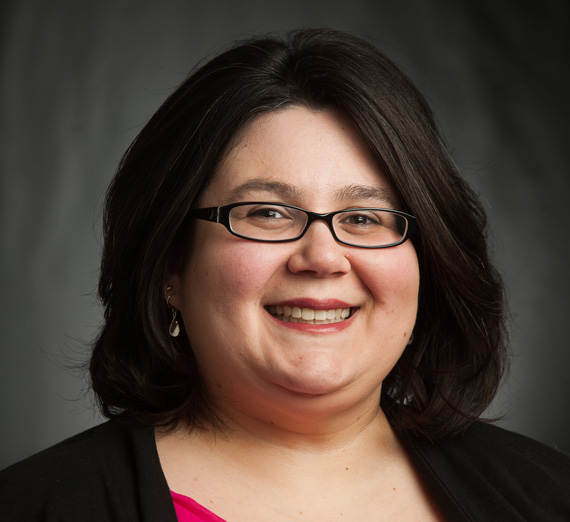New Women, Gender and Sexuality Studies Major A Long Time In the Making

When Sara Díaz accepted a position as assistant professor in Gonzaga University’s women’s and gender studies department, she received one major task: Build the minor into a major.
Twelve years later and she can finally check that box, as the women, gender and sexuality studies department will welcome its first cohort of majors this fall.
“We laid a lot of groundwork to be able to build enrollments in our classes and do some curricular work to flesh out standalone courses,” Díaz says.
Díaz, now an associate professor and chair of the department, hopes the addition of upper-division courses will help the cohort of majors feel more like a community as they progress together.
“Cross-listed courses are always going to be a part of WGST, but I’m really excited to create more of that community feel and to enable our classes to pursue deeper topics in relation to feminism, queer theory and trans studies,” Díaz says. “That, for me, is really exciting.”
Creating a major required the development of more standalone classes, like a WGST intro, feminist genealogies and feminism and intersectionality. Feminist genealogies is the first standalone 400-level theory course focusing on the tradition of feminist and queer theory among people of color in the United States and transnationally. It will be offered beginning in spring 2025.
Feminism and intersectionality is a 300-level course required for all majors, taught by Díaz this spring, exploring intersectionality theory used in activism and justice movements.
The capstone course will have a mix of majors and minors over the next few years. While minors will no longer be required to complete it, majors will continue to use it for student-driven, project-based ways to express what they have learned.
Alongside adding a major, the department added sexuality studies to its name. Díaz said sexuality studies have always been included in their courses, but naming it will identify it as a thread running through all of the coursework.
Though Díaz was brought on to create the major, she said the work couldn’t have been done without those who have worked in and supported the department since its creation in 1991.
“It’s been a long, long process and a lot of different people have contributed along the way to getting us here,” Díaz says. “Dr. Noralis Rodriguez and I helped push it over the line, but we really just continued to follow the path that was laid out before us. It’s taken time. We got interrupted by a pandemic, we helped found critical race and ethnic studies along the way. We’ve had all kinds of detours to get here, but we’re here and it’s really exciting.”
